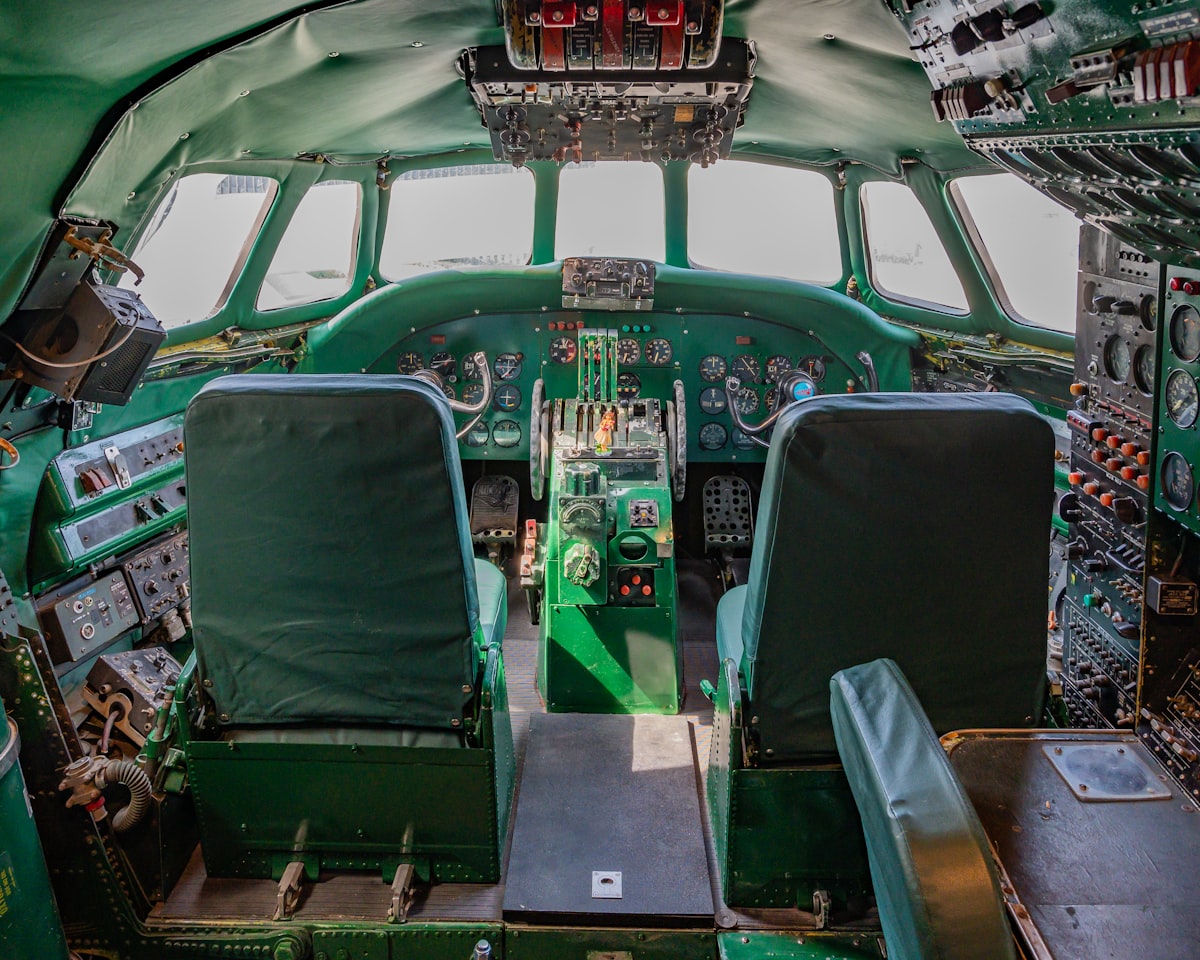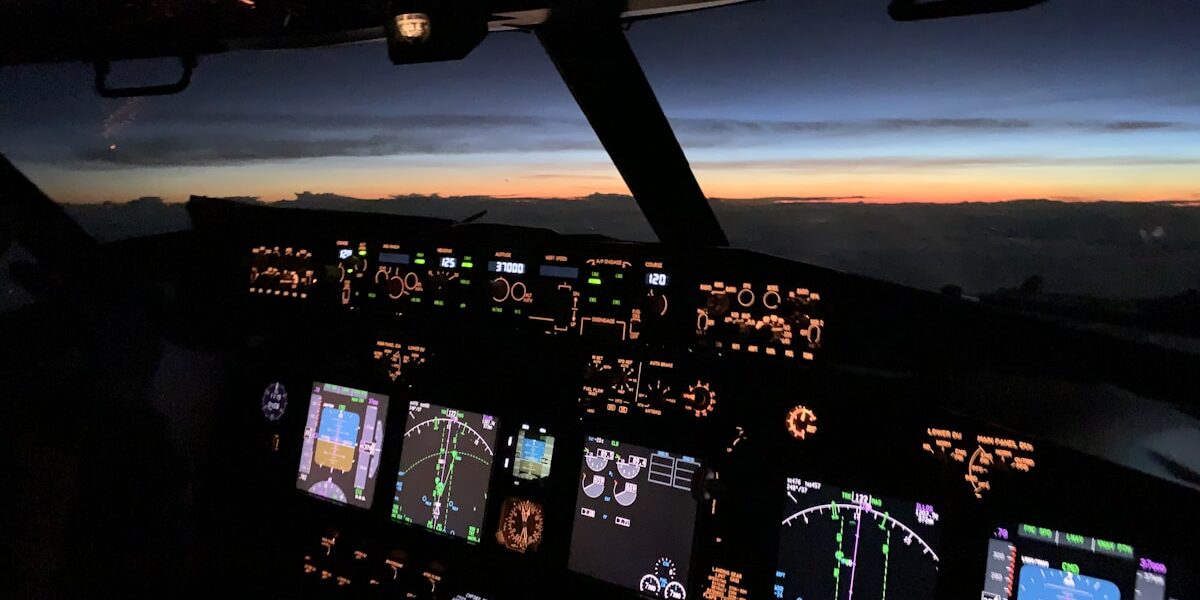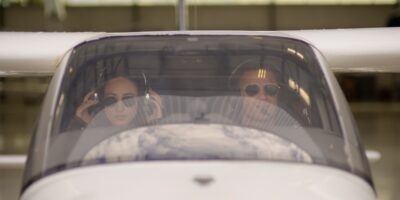Do You Need a Degree to Be a Commercial Pilot?
Many aspiring pilots wonder if a college degree is necessary to become a commercial pilot. The straightforward answer is no, a degree is not a formal requirement. However, understanding the aviation industry’s landscape is essential. This helps determine whether pursuing a degree might still benefit your aviation career.

FAA Requirements for Commercial Pilots
The Federal Aviation Administration (FAA) is the governing body for aviation in the United States. To become a commercial pilot, the FAA mandates certain certifications and flying hours. A prospective pilot must obtain a Commercial Pilot License (CPL). They must first secure a Private Pilot License (PPL) and then move on to an Instrument Rating (IR). Additionally, accumulating a minimum of 250 flight hours is required to qualify for a CPL.
No degree is necessary to meet these requirements. What matters most to the FAA is practical experience and the ability to safely operate an aircraft. Focus remains firmly on safety, skills, and maintaining a deep understanding of aviation mechanics and navigation.
Airline Hiring Preferences
Regional airlines may hire commercial pilots without a degree. Larger, global airlines often prefer candidates with a bachelor’s degree. Airlines face intense competition and prioritize candidates who display advanced problem-solving and critical thinking skills.
Having a college degree can give applicants an edge in a competitive job market. Airlines may interpret a degree as indicative of commitment and perseverance. These qualities are vital in aviation, where safety and precision are crucial.
Potential Benefits of a Degree
A degree, while not mandatory, can open up opportunities beyond flying. Some pilots have aspirations beyond the cockpit, such as aviation management or emergency response roles. Degrees in fields like aeronautical engineering, aviation management, or even unrelated fields like business can provide a broader skill set.
Pursuing higher education can foster valuable connections within the aviation industry. Networking with others in the field can lead to mentorship opportunities and career growth.
Alternatives to a Degree
Aspiring pilots can choose from several non-degree pathways. Many pilots start their careers through flight schools. Schools often offer accelerated training programs, enabling students to attain various licenses quickly. This hands-on approach tends to be more focused and financially efficient than traditional college programs.
The military offers another path to becoming a commercial pilot. Many branch out from military aviation careers to civilian flying. The military experience provides unmatched training and instills discipline and professionalism.
Cost and Time Considerations
Flight training is costly. Choosing a degree on top of flight costs can result in substantial debt. Individuals should consider their financial situation before opting for a degree. Given the cost of aviation training, many prospective pilots opt for full-time training programs. This method allows them to focus solely on accumulating flight hours.
Completing a degree typically takes four years. This might delay into the job market as a qualified pilot while peers without degrees may advance their flying careers.
Ongoing Education and Industry Changes
The aviation industry is evolving rapidly. It is crucial for pilots to stay current with technological advancements and regulatory changes. Airlines often provide periodic training for their pilots. However, personal dedication to lifelong learning remains necessary. Some pilots opt for specialized training courses in new technology or safety practices.
Continuous training helps pilots adapt to new systems and maintain aeronautical decision-making skills. Academia can complement these educational endeavors. Courses in new technologies or industry innovations can be beneficial, even without pursuing a full degree.
Personal Factors and Career Goals
Each individual needs to weigh personal factors when deciding on higher education. Career aspirations play a crucial role. Some pilots desire advancement into managerial roles later in their careers. When considering such goals, a degree becomes advantageous.
Individuals should consider their learning preferences as well. Some learn best through structured academic environments. Others thrive in hands-on training scenarios. Understanding your strengths and weaknesses can guide your decision-making process.
The Role of Experience
Your experience is one of the most critical components when looking for flying jobs. Airlines care significantly about the type and number of flight hours you’ve logged. Experience in varied flying environments showcases adaptability. It demonstrates a pilot’s ability to handle diverse situations safely and efficiently.
Experience remains a lifelong pursuit for pilots. Pilots continue to log flight hours even well into their careers. This validation of continual learning and honing skills cannot be understated.
Assessing the Job Market
Aircraft manufacturers anticipate that demand for pilots will continue rising. The global pilot shortage gives current and future pilots an added advantage. Even candidates without degrees may find increased opportunities due to this demand. Positions are opening at regional airlines and potentially progressing to larger airlines over time.
Despite a non-degree pilot’s potential for being hired, those with more qualifications still enjoy preferential hiring. Candidates should remain mindful of market dynamics and adapt their career strategies accordingly.
Conclusion
The decision to pursue a degree involves weighing multiple factors. Evaluate your career goals, financial resources, and long-term aspirations. focus on gaining insights into the aviation industry through both hands-on experience and formal education when needed. This creates a comprehensive approach to building a career as a commercial pilot.



